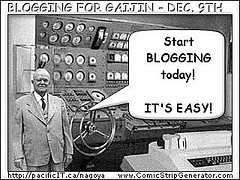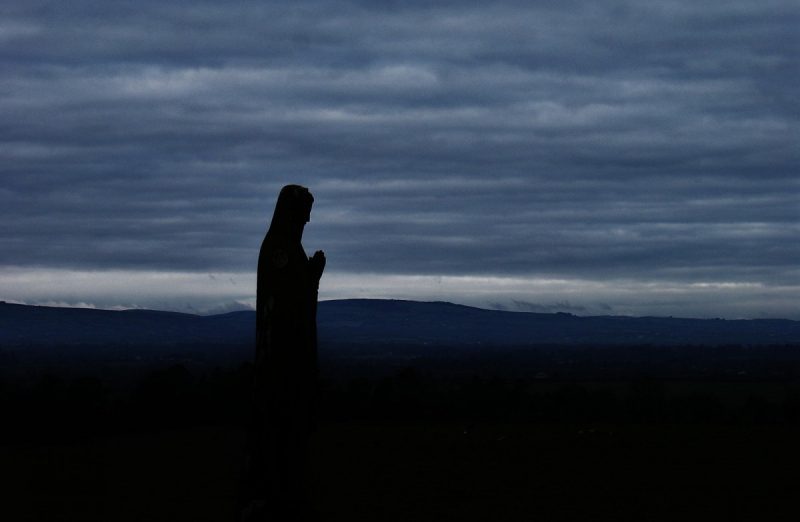by Stephen Burrows
I want to start by offering some destress, a pandemic absolution: you don’t have to feel guilty for constantly forgetting to bring your mask. In fact, I think God will forgive us for grumbling under our breath while we race back home and restart our errands. This “new normal” is anything but. I am convinced that God grumbles with us, is suffering through this pandemic just as much as we are. It’s been more than a century—look up the 1918 pandemic, and consider how they didn’t even have Hulu!—since Catholic churches in this country have had to halt the weekly public celebration of the Mass. God and humans meet one another during the Eucharist, and I know God misses those meetings just as much as we do.
Being a Christian of any denomination is hard during a pandemic; this commiseration serves as a great ecumenical bridge, giving us a common axe to grind. The requirements of social distancing render many if not most of our church activities impossible, not just services, but bible studies, evangelization, maybe even some of our charitable projects. We might feel like public safety measures are somehow in conflict with our mission as Christians, and many pastors across the nation (like John MacArthur of Grace Community Church in California) have defied these measures, claiming divine authority to do so. When we hear voices coming out against social distancing recommendations, these arguments often try to minimize the seriousness of the disease. President Trump, who tested positive for the coronavirus on October 2nd, gave the impression that the disease is no worse than the flu, and that it can be treated rapidly and effectively.
There are many reasons we should be skeptical. First, the President had his own multi-room medical suite in which to coalesce, and access to the most advanced medical treatment available. The experience of someone working a minimum wage job, without health insurance, receiving treatment at a rural hospital, is staggeringly different from the President’s. More importantly, we should consider how it is politically advantageous for the public official (i.e. Mr. Trump) overseeing the solution to the pandemic to make it seem like “no big deal.” By making the pandemic political, the President is doing something very dangerous: breaking down the barrier that “public” life gives us between the “intimate” and the “personal.”
Writing in the eighth chapter of Caring for the Commonweal: A Spirituality of Public Life, Parker Palmer notes how public spaces buffer the intimate, individual life in all its fragility from the mechanistic rigor of political, economic life. Public space is an equal meeting ground for strangers, not owned by any one person or ideological faction. It is harmful, then, when political forces try to break down this buffer and dominate public life. We need only note the recent spikes in infection rates to realize the deadly effect of increasing numbers of Americans, such as Pastor MacArthur and his congregation, no longer following social distancing guidelines.
As Christians, we have an obligation to defend public spaces from being used to harm our neighbors. Our primary concern is never “individual liberty,” which for many people that use that term seems to be less about oppression and more about minor inconveniences at grocery stores; instead, Christians are focused on serving our neighbors. Taking the lead from Jesus’ teaching in Matthew, chapter 25, our actions show special concern for the most vulnerable in society, since whatever we do to the least fortunate among us, we do to Christ.
During a pandemic, Christians have a unique opportunity for sacred encounter, one that we can rejoice in, and throw ourselves into in lieu of more traditional worship services. How can we serve Christ in the public square? Mask up! Wearing a mask might help protect us from the pandemic, but more relevantly, it prevents us from spreading the disease if we are carrying it unawares. You yourself might be lucky enough to have caught COVID-19 without showing any symptoms, but the person next to you at the gym might have asthma or another condition that makes the disease more painful and potentially deadly. Keep in mind that, while many of us work from desks and have even moved into home offices, millions of American are still keeping the service industry going. When you mask up, you are caring for Jesus in the person of the cashier ringing up your groceries, or the elderly woman shopping for herself because her younger relatives are at work themselves or in another state. We can’t all get to church, but we do all leave the house for odds-and-ends. Next time you need to run back home for your mask, don’t worry about feeling frustrated at the inconvenience, but never relax your diligence, because even in attending to a minor inconvenience, you are serving God, directly.




1 Comment
Add Yours →Stephen, I’ve been working on an essay that begins where you begin this blog post: Grieving the absence of the eucharist in my life. Our congregation has moved eucharist “online,” encouraging people to prepare elements in their own home (perhaps a uniquely protestant possibility :), but I/we have not participated in this. I sort of want the space to grief not sharing that meal with my faith community. Not everything can be replicated in a remote format, and grieving that fact is okay!